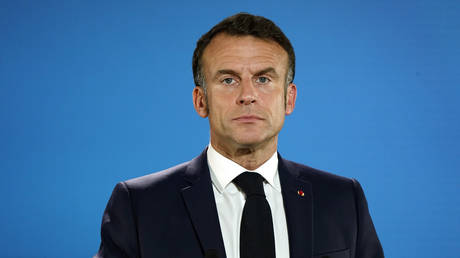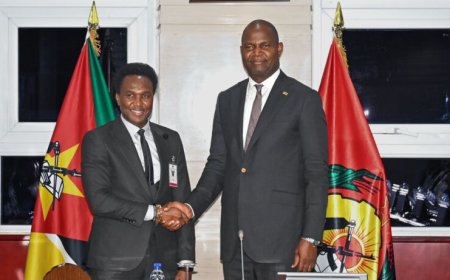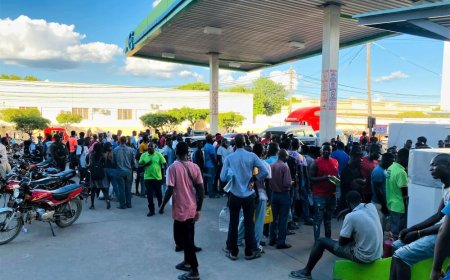Filipe Nyusi: The diplomatic strategy that weakened Renamo
Mozambican President Filipe Nyusi demonstrated remarkable cunning by diplomatically disarming Renamo's last base in Vanduzi, Gorongosa district, Sofala province, on June 15 of last year.
This outcome was achieved under the Maputo Agreement on Disarmament, Demobilization, and Reintegration (DDR) of Renamo's residual forces and marks a decisive point in weakening Renamo's ability to pressure the Frelimo government.
This historical milestone coincided with a period of unprecedented alleged electoral fraud, during which Renamo claimed victory in several municipalities, including Maputo and Matola. However, the results were later altered, depriving Renamo of a victory that could have consolidated its political position.
Venâncio Mondlane, Renamo's candidate in Maputo, led protest marches demanding that the capital be handed over to the rightful winners. However, these demonstrations did not succeed, largely due to the lack of support from Renamo leader Ossufo Momade, whose loyalty to Nyusi and Frelimo has been widely questioned.
In his final address to parliament last week, Filipe Nyusi claimed credit for achieving peace and national reconciliation, highlighting the "bold paths" he took, even putting his life at risk.
He specifically recalled his visit to Gorongosa on August 18, 2017, where he met with the then-leader of Renamo, Afonso Dhlakama, to negotiate peace, an effort that culminated in the dismantling of Renamo's residual forces.
This framing of a weakened Renamo is shared by analysts from the Center for Public Integrity (CIP), namely Lázaro Mabunda and Edson Cortez.
Speaking to TORRE.News, Mabunda argued that Nyusi's legacy should be understood as a strategy to stifle the opposition and consolidate an increasingly authoritarian regime in Mozambique.
He pointed out that Renamo's loss of influence is also due to the party's inability to choose a successor capable of filling the charismatic shoes of Afonso Dhlakama.
"Filipe Nyusi's negative legacy lies in the consolidation of an authoritarian regime, characterized by a strong police and military presence on the streets, the elimination of civic space, and the repression of protests," Mabunda stated, emphasizing the transformation of the country into an environment where public dissent is systematically suppressed.
In a debate organized by the Mais Integridade consortium, Edson Cortez reinforced this view, arguing that Renamo no longer represents a viable solution for governing Mozambique, insinuating a tacit alliance between Renamo and Frelimo that only serves to cement Renamo's position as the second political force in the country. "Renamo is now an inept, incapable party and does not represent an alternative for Mozambicans," said Cortez.
Historically, Nyusi's visit to the Gorongosa bush in 2017 was a clear sign of his commitment to ending the war. However, this process faced a significant setback with the death of Afonso Dhlakama on May 3, 2018, which created uncertainty about the continuation of peace negotiations.
At the time, Nyusi expressed his concern that Dhlakama's death could be politically exploited, warning that the Renamo leader's legacy should be respected. "He was an important interlocutor in the process of building democracy and stability in the country. Let there be no political exploitation," Nyusi said in his first reaction to Dhlakama's death.
However, the election of Ossufo Momade as Renamo's president in January 2019, following an internal dispute involving prominent figures such as Manuel Bissopo, Elias Dhlakama, and Hermínio Morais, was capitalized on by Nyusi to advance his peace plan and simultaneously weaken Renamo.
In August 2019, Nyusi and Momade signed the cessation of hostilities agreement between government forces and Renamo's armed wing, followed by the signing of the Maputo Agreement, which formalized both parties' commitment to the DDR process.
Since then, Renamo has progressively lost its ability to influence Mozambican politics, solidifying Nyusi's legacy as the leader who, through a shrewd diplomatic strategy, managed to disarm and weaken the country's main opposition force.






















